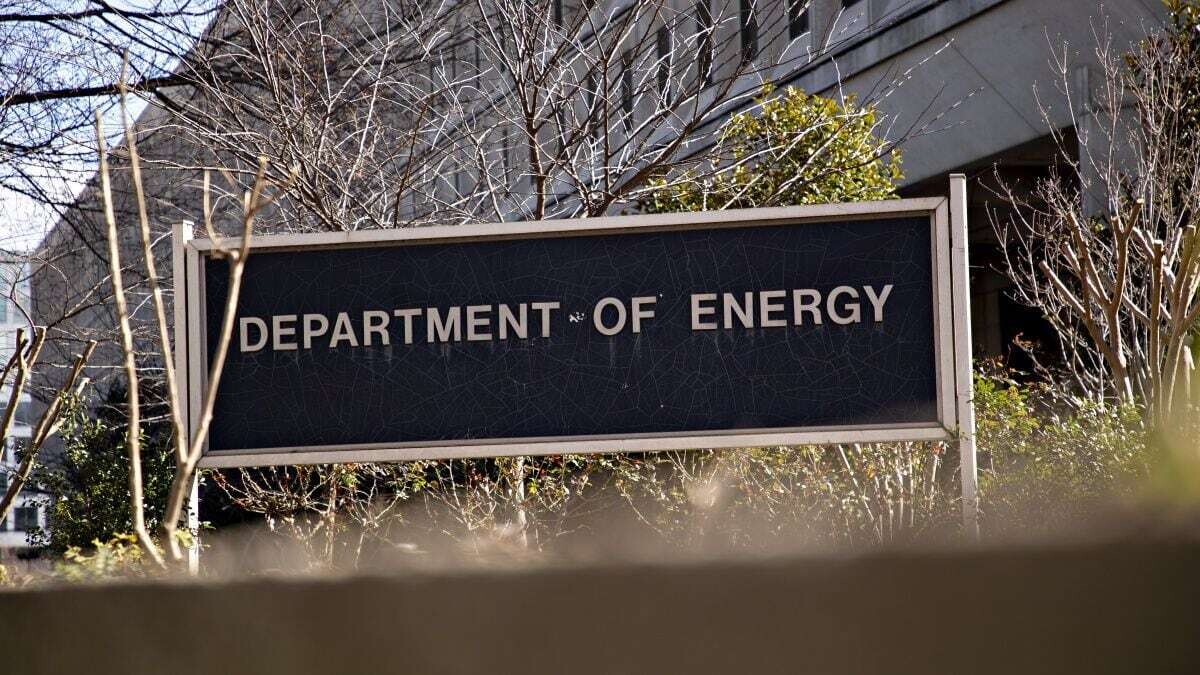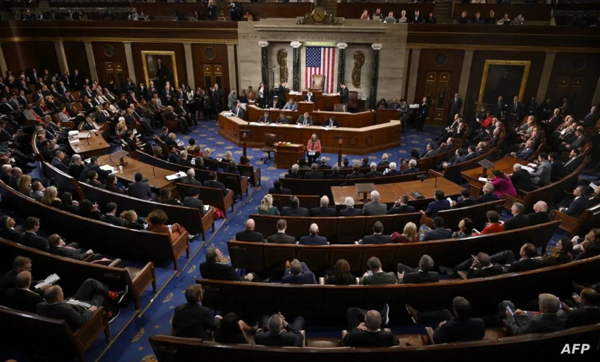
The U.S. Department of Energy recently announced a series of layoffs that affected various programs and offices, including the Office of Clean Energy Demonstrations. This office, which received funding from the Inflation Reduction Act and the bipartisan infrastructure law, faced a 25 percent cut in its workforce. Its main objective was to manage an $8 billion plan to establish a network of hydrogen centers across the country.
Steven Nadel, executive director of a nonprofit dedicated to Energy Efficient Economy, expressed his concern over the cuts, stating that weakening these programs would only benefit foreign competitors.
In addition to the Office of Clean Energy Demonstrations, other cuts affected the Office of Loan Programs, the information technology team, and other offices of the Department of Energy. Among them, approximately 300 to 400 workers from the National Nuclear Security Administration (NNSA) were laid off, as part of a broader measure.
The rapid reversal of layoffs at the NNSA followed a meeting with all staff, where it was decided to call back the workers due to the sensitivity of the national security information they handle. Jill Hruby, former administrator of the NNSA, expressed her concern about the recovery capacity of these employees, given the complexity and time required for their training.
These layoffs were part of a broader wave of terminations across the federal government, driven by the Office of Government Efficiency. The situation reflects a period of chaos in the federal administration as structural reforms are sought. The layoffs at the NNSA and other offices of the Department of Energy generated uncertainty and concern among national security experts and the affected workforce.














